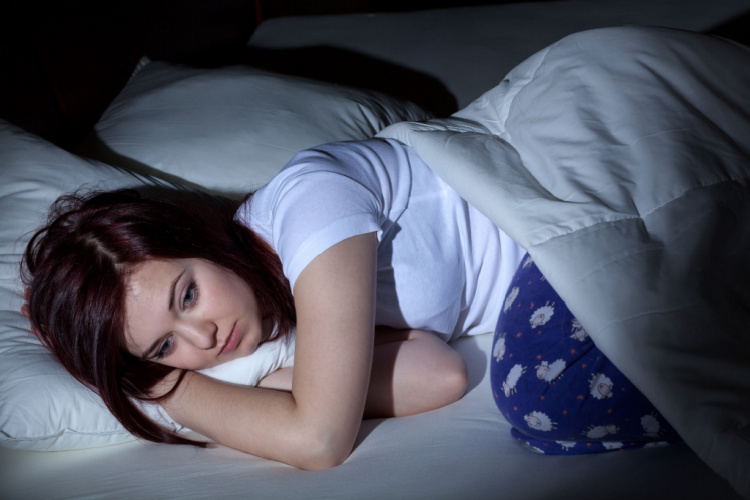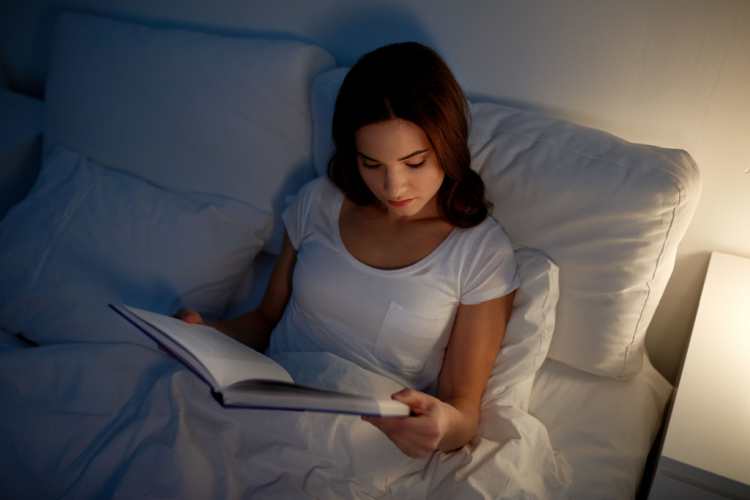Do Women Need More Sleep Than Men?
Sleep difficulties are nothing new for the general population. However, recent studies have pointed toward inequality between men and women concerning sleep. The Loughborough University’s Sleep Research Center has highlighted the most significant difference being women’s sleep quality. There are numerous reasons why more women report having a lower quality of sleep.
Hormones have a big impact, disrupting sleep and wake cycles. Hormones fluctuate throughout the month and a woman’s lifetime. Particularly, menstruation, pregnancy, and menopause cause repeated or prolonged changes. The constant change makes it difficult for the body to regulate sleep.
Women also experience higher levels of anxiety, depression, and insomnia. They are 40% more likely than men to report negative emotions. These negative emotions and the chemicals associated with them, such as cortisol, have detrimental effects on sleep.

What Affects Sleep Quality?
Poor sleep and a lack of sleep generally have the same effects on men and women. Those that don’t get a good night’s rest will be tired, be more irritable, and will struggle to focus and complete tasks. Of course, many things affect sleep quality and duration. Here are some things to consider for improving sleep quality.

Bedtime Light Levels
One of the body’s primary ways of regulating its sleep cycle is based on light levels. We are exposed to indoor lights and digital screens constantly. During the day, it’s acceptable. When night falls, our bodies expect a decrease in light to signal melatonin production. Blue light from devices and lamps disrupts this.
Turning harsh lights off a couple of hours before bed and switching off our devices prevents blue lights from hindering our sleep. Using blackout curtains to block outdoor light from getting in can also be effective. Light affects our quality of sleep and when and how quickly we fall asleep.

Develop A Regular Routine
Routines are the best way to train the body. Waking and sleeping randomly throws the body’s circadian rhythm out the window. Naturally, this makes it challenging to achieve REM sleep as there is no regular cycle for it. The body is always looking for cues that signal bedtime so it can jumpstart the process as sleep time approaches.
A routine gives your body the right cues. More than just going to bed at the same time, the body recognizes many habits, especially in series with each other. So, form a bedtime ritual. The ritual could involve calming meditation, a warm bath, reading a book, or all of the above.

Tend To Your Stress
Bedtime is when people start winding down, but stress and anxiety make this difficult. The runaway thoughts don’t stop for bedtime. So, consider implementing a positive item into a nightly ritual like journaling or meditation.
If you are stressing about things that need to get done or are approaching, journaling is an excellent way to organize these thoughts. Knowing the issues have a physical form and won’t be easily forgotten may help the mind set them aside.
The Journal of Psychosomatic Research found that gratitude meditation helps people sleep better. It orients one’s thoughts toward the positive and good things in life and evokes peace and tranquility.

Dietary Habits
Dietary habits greatly affect sleep and not just what you eat. Eating right before bed, especially heavy meals with refined carbohydrates or sugar and caffeine, will have the digestive system active all night. It prevents deep, restorative sleep. Avoiding liquid consumption can prevent the need to urinate frequently at night, which disturbs your sleep cycle. Avoiding or limiting food and drinks roughly two hours before bed is recommended.

Bedroom Temperature
A lesser-known factor in sleep quality is our body and room temperature. Our bodies cool off and release heat as we begin to sleep. An overly warm room can prevent this drop, resulting in difficulty falling and staying asleep. Similarly, the body will have to work extra to keep you warm if the room is too cold. Keeping your bedroom at the ideal temperature will combat this problem.
